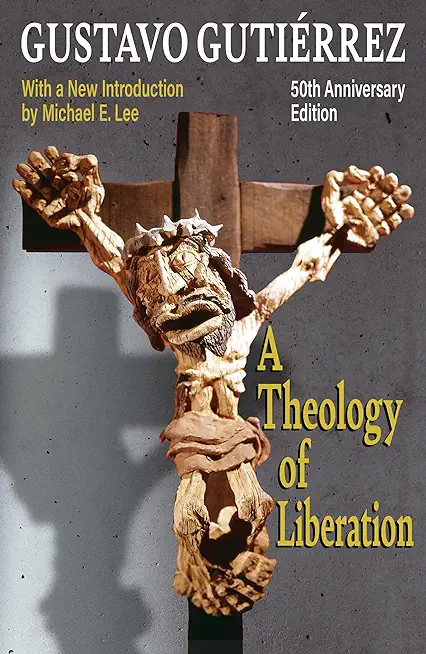
Gutierrez, Gustavo
"It would be difficult to name another theological book these past five decades that has been more influential, has inspired more believers and non-believers alike to think differently about the Christian faith, and has engendered so much controversy." So begins Michael E. Lee's introduction to this 50th anniversary edition of the classic work that signaled a new style of doing theology.
The theological project launched in this book was, as Fr. Gutiérrez wrote, "based on the gospel and the experiences of men and women committed to the process of liberation in the oppressed land of Latin America." It was "born of the experience of shared efforts to abolish the current unjust situation and to build a different society, freer and more human." Yet its influence was quickly felt around the world, inspiring numerous offshoots, as well as provoking critical reactions, both inside and outside the Church.
A Theology of Liberation has won wide acclaim as one of the most influential works of Christian theology of the last century. Yet Gutiérrez himself concluded the book by noting that any theology of liberation "is not worth one act of genuine solidarity with exploited social classes. They are not worth one act of faith, love, and hope committed . . . in active participation to liberate humankind from everything that dehumanizes it and prevents it from living according to the will of God."







